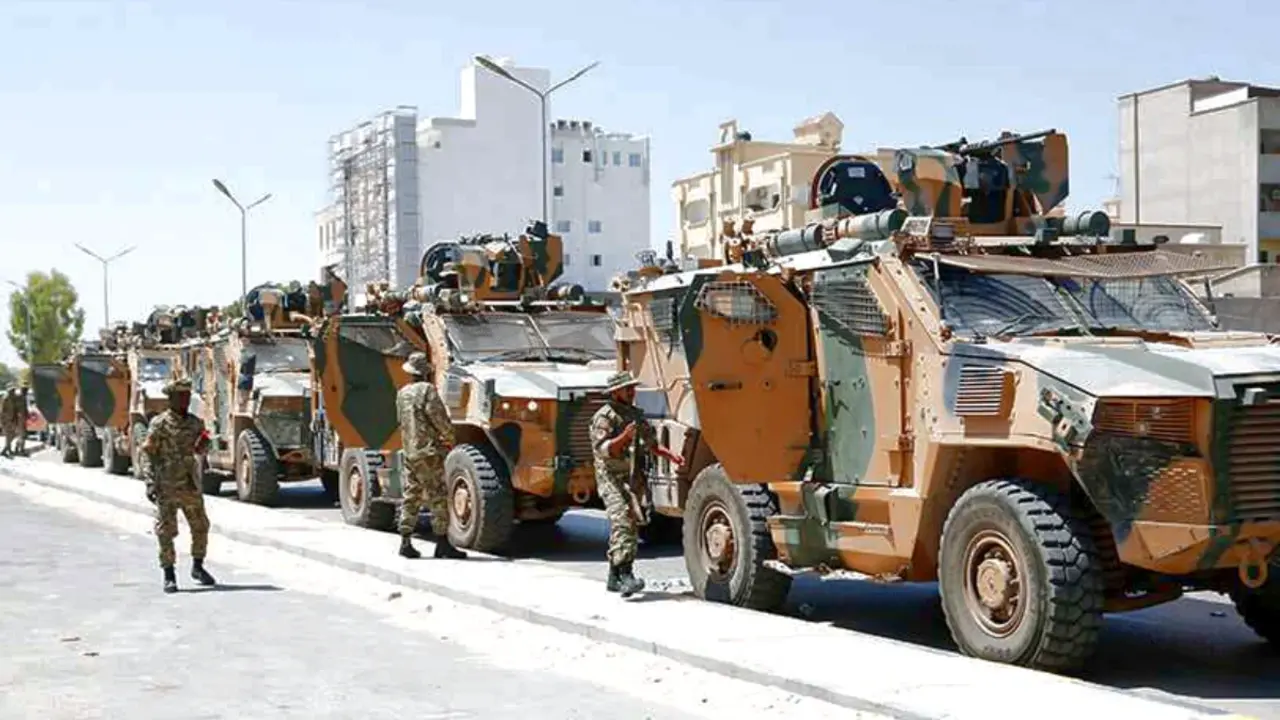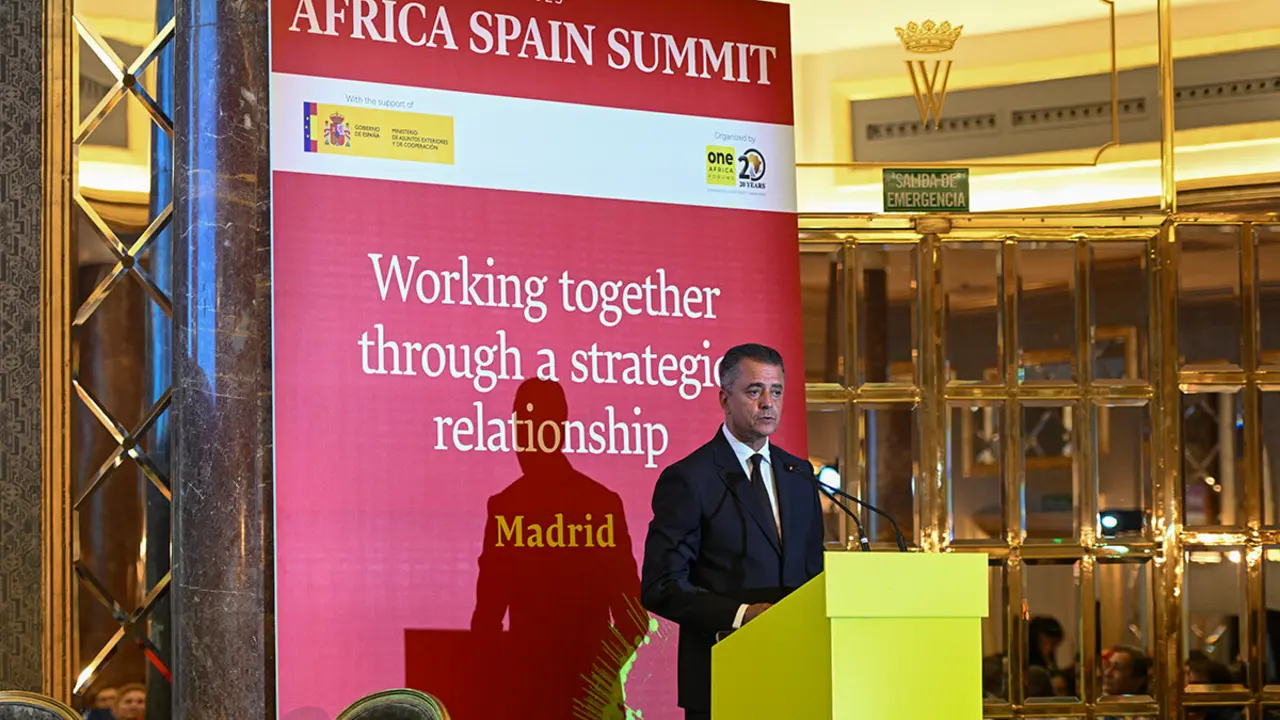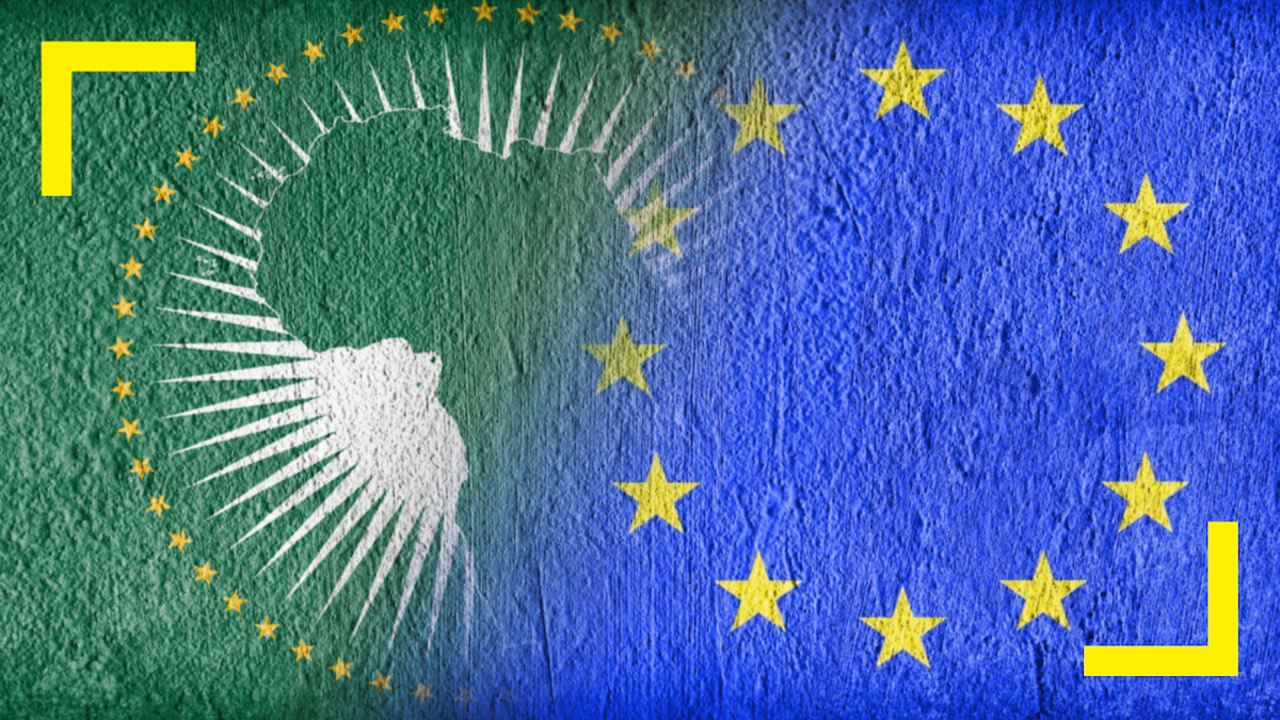Sáhara Occidental, la paz es la solución

If we examine the historical roots of the conflict in Western Sahara from its emergence, evolution and historical development in its different stages to the current state it is in, taking very much into account all the elements that make it part of our systemic approach from the point of view of an objective and realistic perspective, we can really measure the intensity and magnitude of its international scope within the cause and effect categories, We will undoubtedly ask ourselves the cardinal question of why it has remained stagnant and unresolved until today, always assuming that it has been on the United Nations' agenda since the early 1960s as a non-self-governing territory pending decolonisation, according to United Nations General Assembly resolution 1514.
The central question remains the same to this day without any major changes in either its essential content or the way it is posed. We will attempt to find the logical reasons that may shake off the dust that covers this enigma, which has not been able to be deciphered by so many United Nations secretaries-general and their respective special envoys of the diplomatic stature of James Baker, former secretary of state at the time of George Bush senior, Christopher Ross, and finally the last special envoy, Horst Kohler, former president of Germany. All without exception, some more than others have made major diplomatic efforts to make progress in this thorny issue, but ended their assigned mission by resigning from their posts so as not to assume their personal failure. So why
First: the conflict in Western Sahara is classified as a locally limited low-intensity conflict which, according to the Security Council's permanent representatives, does not endanger international peace and security because it does not produce a major humanitarian crisis of urgent proportions or a mass exodus of large populations towards neighbouring countries with the sole exception of the refugee camps in Tindouf, in eastern Algeria since 1976, who receive humanitarian aid from the United Nations High Commissioner for Refugees and other NGOs in the European community, not in satisfactory amounts or for the desired time with sometimes very long delays, and who have been affected this year by the COVID 19 pandemic; nor military confrontation between the countries in the area, only between Morocco and the Polisario Front, which have always been under observation, monitoring and assessment.

Second, the impossibility of a military victory during all these years of war meant that neither Morocco was able to impose its total domination over the whole territory nor Polisario was able to conquer the independence it claims through armed means, with the territory of Western Sahara divided into two parts by a 2,500-kilometre-long, three-metre-high military wall, the largest part of which is administered politically and economically by Morocco, including the cities of Aaiun, Dakhla, Smara, Boujdour, Auserd and other less populated localities.
Third, the voter identification crisis could not be settled definitively, irrespective of the fact that the MINURSO Voter Identification Commission, at its most advanced stage of work, had officially declared an electoral body of 86,000 candidates in approximate terms of the territory's native population to be fully entitled to vote in the referendum to determine the legal future of the territory.
Fourth, the geopolitical interests of the parties to the conflict and their direct regional and international allies have yet to converge at any common meeting point that could be considered a springboard for seeking solutions that satisfy the interests of both sides and their respective allies and guarantee their legitimate historical and current rights. Added to this determining factor is the dispute between the major world powers over domination of areas of influence, chiefly between France and the United States.
The former considers the geographical area of the Arab Maghreb and North Africa strategically important, whose overall potential is attractive in all areas, exclusive and typical of its regional competences owing to its Euro-Mediterranean geographical position and its colonial past, which is closely linked to France.

The second grants it the right to intervene militarily under the title of combating international terrorism against the al-Qaeda Jihadist groups operating in the Sahel region.
In addition to Turkey's entry into the Libyan problem with political, economic and military pacts in alliance with Tripoli, the seat of the internationally recognised Libyan government, against Marshal Haftar supported by Egypt and the United Arab Emirates. And Russia's increasingly open support in the Security Council for a solution to the Western Sahara conflict in accordance with international law. Not forgetting China's growing presence in Africa.
These are merely small signs that herald the movement and change of fixed and frozen policies, hitherto on the world political scene, towards new directions, which will become more visible with the arrival of the new US administration and its new foreign policy trend aimed at recovering areas of influence that are vital to national security, temporarily abandoned by other more urgent international priorities but never forgotten in the calculation and play of future strategies to acquire a greater presence in areas considered geostrategic in political, economic and military aspects, such as the Arab Maghreb and North Africa in general, and the Western Sahara in particular.
We are therefore witnessing a conflict that is catalogued as very old, lasting over forty-five years and with a very notable absence of solutions, and which is currently stuck in a deadlock with scarcely any hopeful prospects unless miraculous concessions are made by both sides, imposed from above by the actors responsible for international decision-making, in order to break the current immobilism. This must be the unconditional premise, which breaks the ice to unblock the problem, and be oriented towards viable and realistic solutions that think more of people and their prosperous future than of states and their national symbols because these matter little when the pain and suffering are great. A Saharan proverb says: "the parts you are touching in my body are not the ones I feel pain in". Therefore, one must touch the pain that produces the suffering that one lives, look for its causes in order to find its ideal treatment.

The peoples that make up the so-called Arab Maghreb are more united than separated by strong ties in history, geography, society, language, culture and religion. And they are only different from each other because of their own historical, socio-cultural and linguistic identity in a geographically defined territory with artificial borders drawn by colonialism. And that these characteristics, which are basic and fundamental rights, can never be considered, today or tomorrow, as a steel shield against the irreversible course of history and the common destiny of the peoples of the region and their great economic and social interests. Demanding everything or nothing under unfounded excuses, which hide opportunistic positions of fortune hunters. And not to repeat errors that are still present and very much alive in historical memory as happened in the near past during the Spanish colonial presence by rejecting the offer of autonomy as the first initial stage of decolonisation despite the repeated warnings of the chiuj or notable representatives of the Yemaa, the highest local legislative body at the time, advising again and again not to go in for a barefoot race on stony ground.
We are currently on the verge of an open military confrontation between Morocco and Algeria following the breakdown of the ceasefire proclaimed since 1991, due to the outbreak of the Guerguerat crisis. This is the direction in which voices are being heard in Algeria, which is calling for intervention with all its military capacity and power outside its national borders in defence of its national security and geostrategic interests if exceptional circumstances justify such a mission, which covers the whole geographical area of its neighbouring countries, and first and foremost the Western Sahara, where there is a permanent source of tension with cyclical ups and downs that could endanger its internal stability and future. We are therefore facing a new scenario of a likely large-scale war between two countries that historically accuse each other of being enemies. And they are competing for leadership of the Arab Maghreb region.
Mauritania, unlike Algeria, plays a role of positive neutrality in keeping with its national interests and security. Mojtar uld Dedah recognised in his memoirs that Mauritania's involvement at the beginning of the Sahara war can be regarded as a civil war between identical families of the same people. However, Spain, as the power historically responsible for the whole process of decolonisation of the Western Sahara and its disastrous consequences, continues to adopt a timid stance, limiting itself in its successive statements to supporting the United Nations' efforts to find a mutually accepted political solution that meets the criteria without activating pressure mechanisms that are diverse.

Therefore, the new circumstances arising as a direct consequence of the Guerguerat crisis are quite different from previous stages of the conflict and are very marked from the military, political and diplomatic viewpoint, being notably distinguished by the breakdown of the ceasefire following the Moroccan military intervention in the exclusive security strip to evict a group of "uncontrolled" Saharawi activists tired of the long wait and their unbearable inhuman conditions, who blocked the international road in order to break the silence and oblivion. And that Morocco justified its decision to international opinion with the clear aim of restoring security for the transit of goods and civilians in its communiqué from the Royal Armed Forces without further comment or clarification. And which, incidentally, was favourably and positively received by neighbouring Mauritania and the West African countries whose markets are the destination of many of Morocco's commercial, industrial and agricultural products. Therefore, to tell the truth, the Polisario Front lost forever the battle of the Guerguerat whose undeclared aim was to create a lot of information noise from here in order to absorb the growing discontent among its popular support bases, which are increasingly demanding significant changes in its political direction and, above all, more transparency and dynamics in the management, handling and settlement of the conflict. Therefore, Guerguerat's ill-considered and tactically misguided chess game ended up being Polisario's biggest uncalculated strategic error in recent years, as its geographical area and coastline remained outside its military influence and dominance. And in its military communiqués it announced the bombing of Moroccan military positions along the military defence fence without much impact on the Moroccan and international media.
In short, new scenarios are emerging that are not free from complexities and contradictions, where the option of war is growing, and is manifesting itself more strongly despite international calls for calm and a ceasefire. These are not times for reflection and long waits, watching passively the outcome of recent events and their unpredictable consequences. The time has come for truth and transparency. We must act with reason and realism, taking clear and responsible decisions to save the peace, which is in danger. In this sense, we welcome the birth of the International Support Group for Saharan Reunification, made up of personalities from Spain, Brazil, the Azores, Costa Rica, Great Britain and Russia from the world of politics, economics, culture, the press and society, for its real policy of promoting a dialogue of peace and tolerance between the native Saharans of the territory in this cultural space which we feel is reflected and represented. And for its support for a proposal of autonomy for the Western Sahara within the territorial and sovereign unit of the Kingdom of Morocco inspired by the model of Andalusia as a realistic and responsible solution, which can be improved in any examination and review.
Peace is more difficult than war and its outcome on an uncontrollable scale is very detrimental to both sides. Everyone will be a loser and mainly the Sahrawis, the main victim of this damned conflict and its hidden reasons. The drums of victory will not sound when the reason is lost. We are in time to say no to war again. Enough is enough. Yes to peace with a capital letter. Peace is the solution because it is the safest and most solid way to guarantee development, prosperity and stability for future generations and the integration of the countries in the region.
SIDI MACHNAN, graduate in International Political Relations, former member of the Saharawi Commission for the Referendum and of the Foreign Affairs Committee of the Polisario Front. Currently, he is a collaborator of the "La Paz" Institute of Political and Strategic Studies based in El Aaiún.








